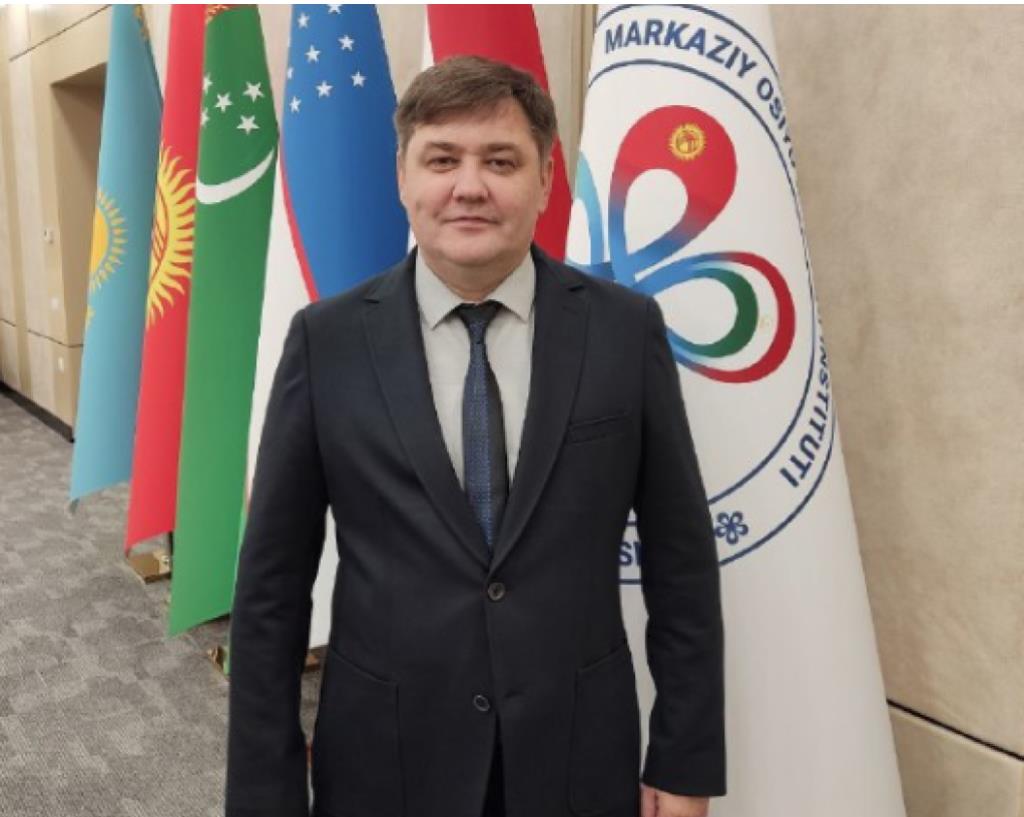


UzA correspondent talked with the Head of Department of the International Institute for Central Asia (IICA) Sergey Malkov about the role of Central Asia in the establishment and functioning of the SCO.
– On 17 September 2021, the Dushanbe Declaration of the SCO stated that Central Asia is the core of the Shanghai Cooperation Organization. This postulate has a specific geographical basis, since the countries of the region stood at the origins of the creation of the Organization and built their relations with the two world powers on the principles of trust, equality and good neighborliness.
Today it is openly stated that the establishment of the SCO was a direct result of efforts to ensure stability and security in Central Asia. SCO contributed to the development of cooperation in the region and beyond.
Uzbekistan’s chairmanship in the SCO is a logical continuation of the dynamic and transparent foreign and regional policy pursued by Uzbekistan in recent years. Its foundation was the building of good neighborly open relations, including through holding consultative meetings initiated by Uzbekistan.
The results of the last consultative meeting of the heads of states of Central Asia, held in the city of Cholpon-Ata (Kyrgyzstan), testify to the determination of the countries of the region to further strengthen trusting and mutually beneficial relations to ensure peace, stability and sustainable development in Central Asia.
The positive process in Central Asia contributes to the transformation of the SCO space into a zone of stability, development, prosperity and effective cooperation. All states of the Organization are the closest neighbors, friends and strategic partners of the Republic of Uzbekistan.
– Why was Samarkand chosen as the venue for the meeting?
– It should be emphasized that there is a reason that Samarkand was chosen as a center where vital decisions for the continent will be made. This city has seen many civilizations since ancient times, was a crossroads of trade routes, cultural interaction and good neighborliness.
Samarkand has acquired a special status, acting as a unique platform for convening and promoting the most important international and diplomatic initiatives of our country.
– Has the SCO influenced international relations?
– Returning to the history of the Organization, it can be noted that in a short historical period, the SCO evolved from a consultative mechanism to a dynamically developing regional structure, and after the accession of India and Pakistan, it turned into a full-scale international organization. At the same time, the upcoming entry of Iran will only strengthen its status.
Based on the results of the first and forthcoming second waves of expansion, the Organization’s main ideologeme remains the “Shanghai Spirit”. It is written in the Declaration on the Establishment of the SCO of June 15, 2001 and is characterized by mutual trust, benefit, equality, consultations, respect for the diversity of cultures, and the desire for common development. This became the embodiment of a new model of cooperation that has proven its pragmatism and effectiveness.
In the history of modern international relations, the establishment and development of the SCO is a constructive diplomatic practice that laid the foundation for a new worldview based on mutual trust, disarmament, cooperation and security.
As President of Uzbekistan Shavkat Mirziyoyev stated at the Dushanbe Summit, it is necessary to maintain openness, non-direction of the SCO against third states and other organizations, increase regional economic cooperation, strengthen friendship, good neighborliness and trust.
In general, the SCO has chosen its way of development, building its activities on the constructive solution to current issues in Central Asia, developing relations between member countries and major players on the Eurasian continent. This practice has become the basis of the attractiveness of the Organization itself, as evidenced by the genuine interest on the part of other countries, international and regional organizations.
Roman Bondarchuk, UzA